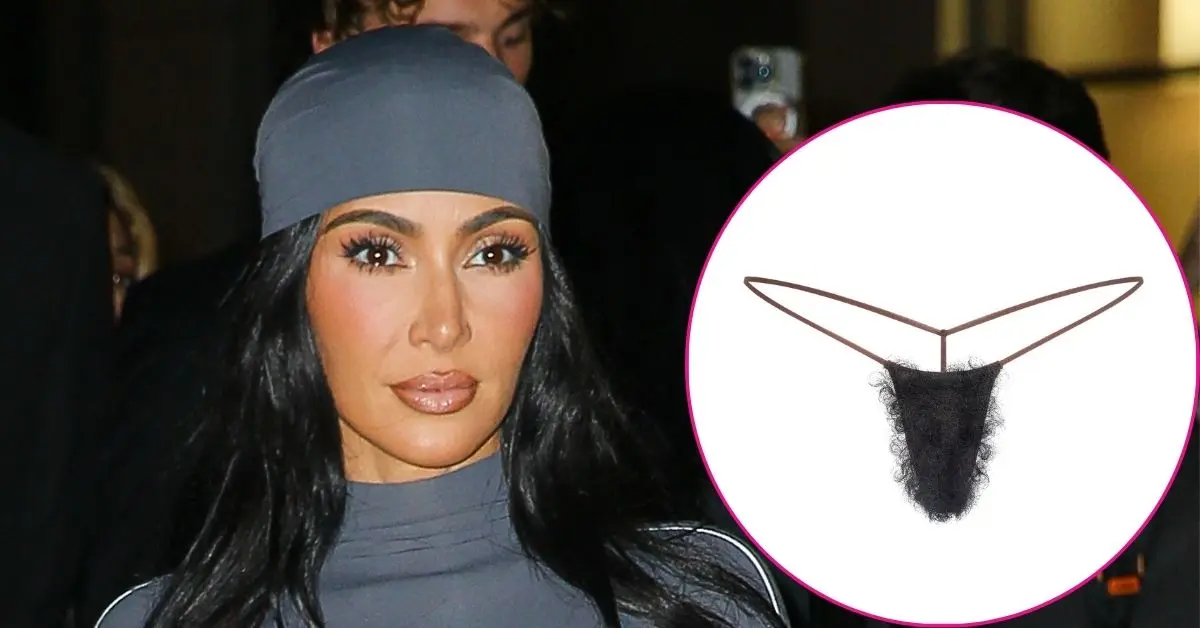Amid a year filled with anticipation for Chinese actress Nashi's career, online scrutiny derailed her momentum. Once celebrated for her leading roles in major films, she found herself embroiled in controversy over her past exam scores, leading to public outrage and an investigation into her academic background. With her name removed from credit rolls and brands distancing themselves, Nashi is the latest in a series of high-profile figures facing backlash for supposed privilege.
Across China, young people disillusioned by job scarcity and economic slowdowns are scrutinizing celebrities and individuals with family connections—termed "guanxi." Public sentiment grew fiery, fueled by a perceived imbalance between hard work and advantage gained through privilege. Users on Weibo praised the investigations, saying the scandals expose deeper societal issues.
The examination of Nashi's case coincided with the high-pressure Gaokao exams taken by millions of students, leading many to question whether they could secure futures as easily through hard work. Deep-rooted concerns grew, echoing in the plight of others caught in scandals, including doctors with questionable academic paths and wealthy graduates whose backgrounds fueled resentment.
The discontent transformed into aggressive online discussions targeting anyone seen as benefiting from systemic inequity. Young professionals are vocal about their frustration, contending that their hypertension to rise through merit is overshadowed by the shortcuts some take.
Recent events even saw discontent toward Harvard graduate Yurong Luanna Jiang after her graduation speech sparked a viral stir. At first celebrated, critiques arose as her privileged upbringing contrasted sharply with the struggles faced by everyday young adults, culminating in backlash against her portrayal of triumph through hardship.
This movement against privilege also manifested in accusations towards celebrities, such as actress Huang Yang Tian Tian, who faced questions about her apparent wealth. Driven by resentment over earned privileges, there is increasing public distrust of the elite, presenting serious challenges to the Chinese government's narrative that insists on enduring hardship for national progress.
As the digital age has allowed these frustrations to be amplified, online avenues for open discussion have become a crucible for rapidly evolving public sentiments. The once-muted frustrations of a generation are now coalescing into a considerable force as young people seek reassurance that hard work can indeed lead to success, resisting the narrative of the elite's unearned advantages and exploring new interpretations of the Chinese Dream.
Across China, young people disillusioned by job scarcity and economic slowdowns are scrutinizing celebrities and individuals with family connections—termed "guanxi." Public sentiment grew fiery, fueled by a perceived imbalance between hard work and advantage gained through privilege. Users on Weibo praised the investigations, saying the scandals expose deeper societal issues.
The examination of Nashi's case coincided with the high-pressure Gaokao exams taken by millions of students, leading many to question whether they could secure futures as easily through hard work. Deep-rooted concerns grew, echoing in the plight of others caught in scandals, including doctors with questionable academic paths and wealthy graduates whose backgrounds fueled resentment.
The discontent transformed into aggressive online discussions targeting anyone seen as benefiting from systemic inequity. Young professionals are vocal about their frustration, contending that their hypertension to rise through merit is overshadowed by the shortcuts some take.
Recent events even saw discontent toward Harvard graduate Yurong Luanna Jiang after her graduation speech sparked a viral stir. At first celebrated, critiques arose as her privileged upbringing contrasted sharply with the struggles faced by everyday young adults, culminating in backlash against her portrayal of triumph through hardship.
This movement against privilege also manifested in accusations towards celebrities, such as actress Huang Yang Tian Tian, who faced questions about her apparent wealth. Driven by resentment over earned privileges, there is increasing public distrust of the elite, presenting serious challenges to the Chinese government's narrative that insists on enduring hardship for national progress.
As the digital age has allowed these frustrations to be amplified, online avenues for open discussion have become a crucible for rapidly evolving public sentiments. The once-muted frustrations of a generation are now coalescing into a considerable force as young people seek reassurance that hard work can indeed lead to success, resisting the narrative of the elite's unearned advantages and exploring new interpretations of the Chinese Dream.






















